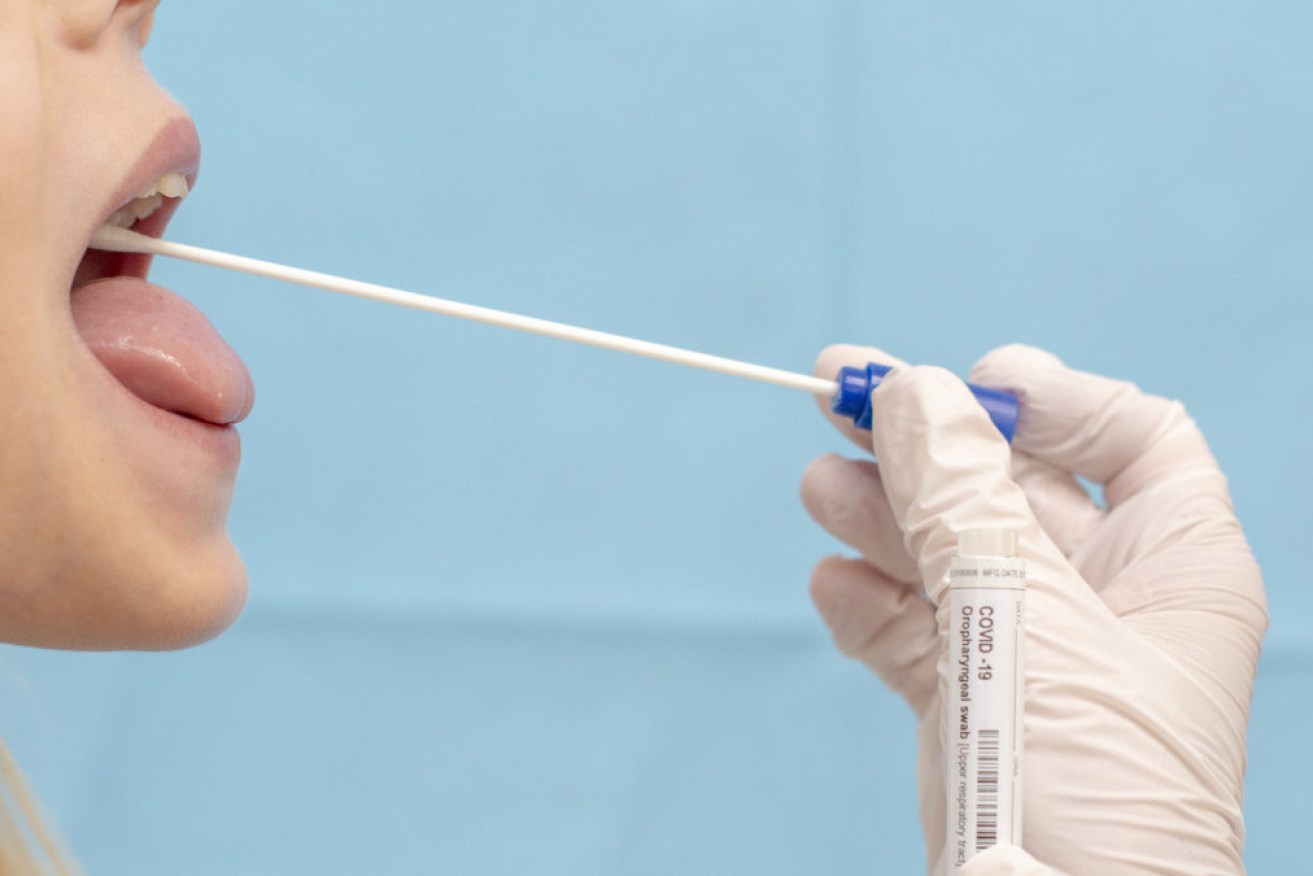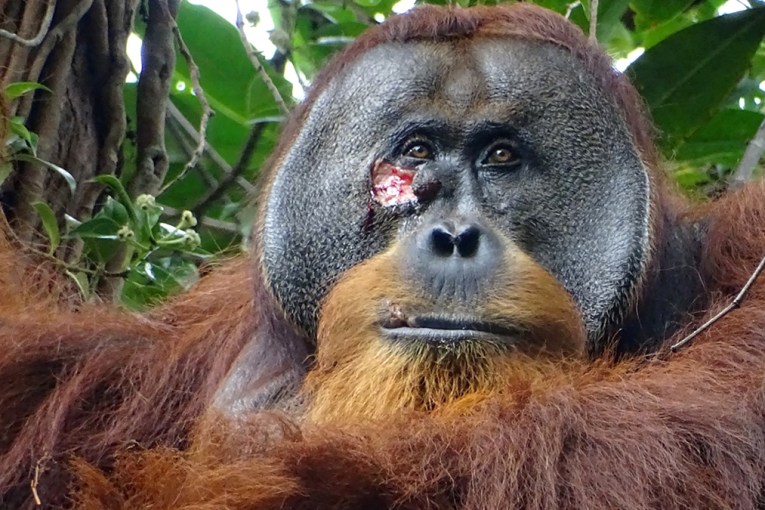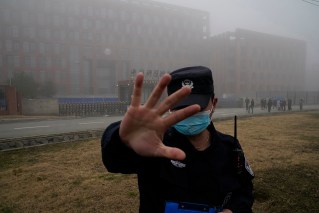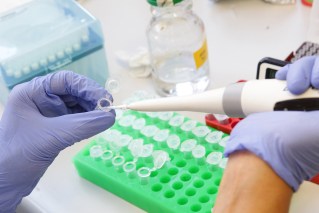Coronavirus: What is community transmission and how widespread is it in Australia?


Less than 10 per cent of confirmed COVID-19 cases in Australia are from community transmission. Photo: Getty
Community transmission is an epidemiological term that describes how an infectious disease is spread within a population.
When it comes to the coronavirus, the World Health Organisation has described four levels of COVID-19 transmission.
These are countries or local areas with:
- No cases reported
- Sporadic cases
- Clusters of cases (grouped in place and time), or
- Community transmission.
For areas where COVID-19 has reached the community transmission stage, the “ultimate aim is to ‘walk back’ community transmission to clusters, sporadic cases, and down to no cases at all, and to begin gradually lifting social measures as soon as it is safe to do so”, the WHO said.
On Tuesday, Prime Minister Scott Morrison said that “less than 10 per cent” of confirmed COVID-19 cases in Australia had occurred via community transmission.
The number of cases, particularly by community transmission, is quite low.’’
As at April 7, Australia had 5844 confirmed cases of COVID-19 and 42 deaths.
Of those cases, the vast majority of infections were acquired overseas.
Just a small number were acquired locally with no contact with a confirmed case identified – otherwise known as a case of suspected community transmission.
This is illustrated on the graph below, with each bar representing the number of cases by state that were acquired overseas, acquired through contact with a confirmed case in Australia, acquired in Australia with no link to another case indicating possible community transmission, and cases still being investigated.

Source: Department of Health
“Currently, Australia does not have widespread community transmission of COVID-19,” the Department of Health website stated.
“The majority of Australian confirmed cases acquired their infection overseas, including on board cruise ships or associated with recent travel to Europe or the Americas.”
Australia’s chief medical officer Brendan Murphy has repeatedly stressed that preventing widespread community transmission is key to successfully combatting COVID-19.
How is community transmission tracked?
Testing and contact tracing is used to track the spread of COVID-19.
Contact tracing works by identifying and isolating infected individuals, and then tracing their movements and interactions to track down others who may be infected.
It allows ‘close contacts’ of infected people to be identified by health authorities, quarantined and screened for the disease.
A widespread testing program is needed to measure the rate of community transmission.
Different types of COVID-19 tests can be used for this purpose
They are: Nose and throat swab tests that are used to test suspected cases and show the presence of the disease, and “serological” or blood tests that check for antibodies produced by fighting the disease, and are used to show whether someone has had COVID-19 and subsequently recovered.
COVID-19 testing in Australia
Australia is among the world leaders on tests per capita.
More than 304,000 tests had been conducted across Australia as at April 7.
However, a shortage of test kits means that there have been strict criteria in place limiting testing to certain high-risk groups, and asymptomatic members of the community are not eligible.
On Tuesday, Mr Morrison warned “the testing resource is globally finite and testing resources need to be applied where they are of greatest use”.
However, as COVID-19 continues to spread in Australia, testing criteria will necessarily be expanded, Professor Murphy said.
He flagged potentially expanding testing criteria to cover all aged-care residents.
“We have to be able to test broadly,” Professor Murphy said.
“At the moment, our strategy is very much to identify, completely control and isolate every case,” he said.
“We don’t know if and when a vaccine will come with this virus.”








